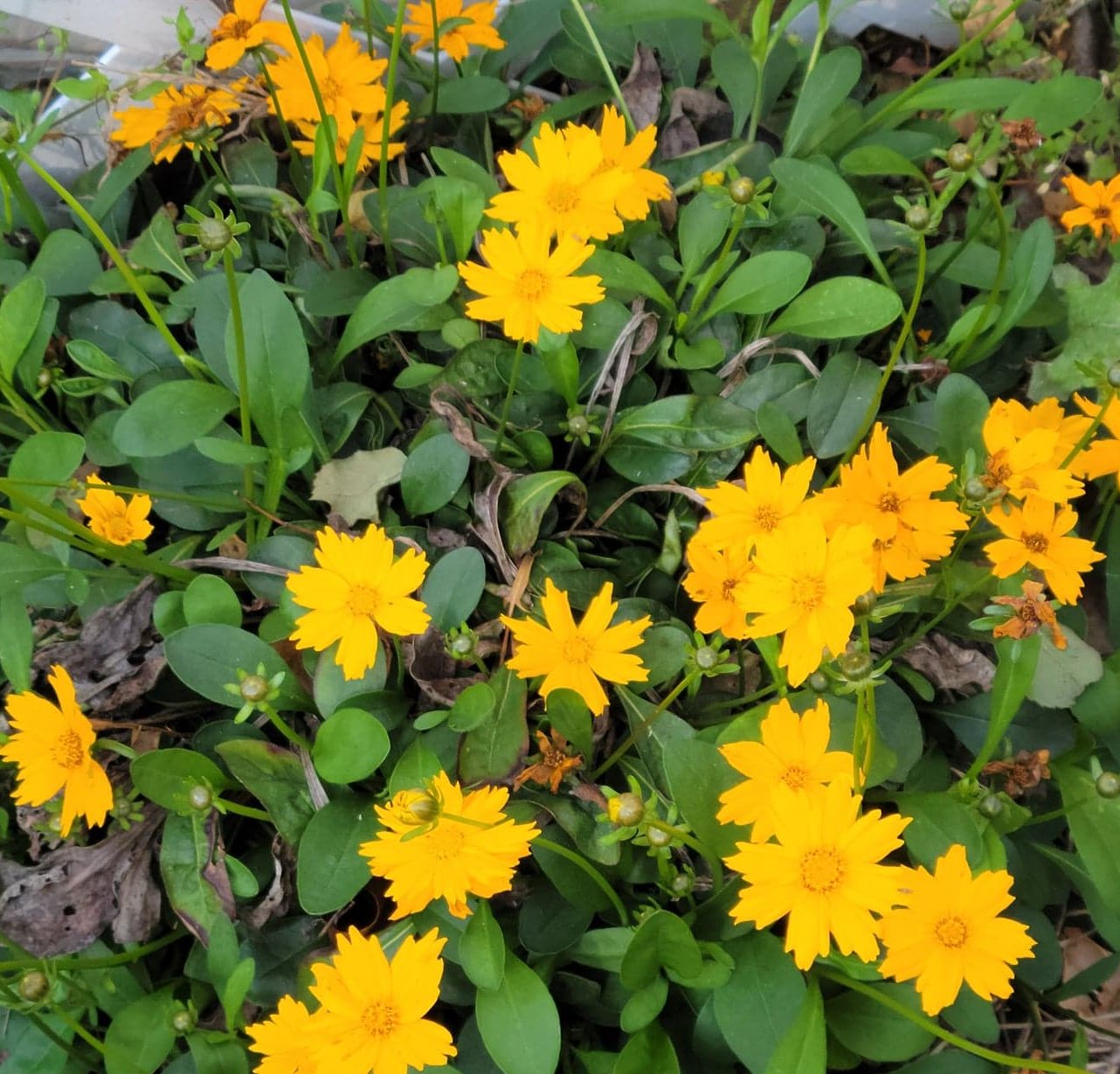
Chronic Illness Counseling.
Having a chronic illness can be exhausting. It comes with unique struggles that are hard for people who have never experienced them to understand. But we understand! Living with an illness that is inescapable may often feel like constantly hitting a brick wall, but realizing that there is fluidity to illness and power in your mind can change your relationship with your body and health.
What is Chronic Illness Counseling?
What is chronic illness counseling? What makes what we do different than what every other counselor does? Well, every counselor at Chronic Hope Counseling has personal experience with chronic pain/illness giving them a true uniqueness to their empathy and understanding. They also have specialized training in all things chronic pain/illness and 100% of their clients are in the chronic pain/illness community, this is ALL we do, and we are good at it
When you have a chronic illness it demands to be considered in every decision that you make. It is unrelenting and eventually will start to take a toll on your mental health. We will help guide you through your anxiety, depression, PTSD, trauma, panic disorder, mood disorder, or any other mental health struggle while recognizing and respecting that you are dealing with all of those things while also battling your physical health. And that changes everything.
Health Related Anxiety: How Chronic Illness Counseling Can Help
When you live your life dealing with symptoms it’s normal to feel spikes of anxiety when a symptom changes, increases or a new symptom emerges. It’s not uncommon for this anxiety to bloom into something else and start taking over your life. Research shows that those who have chronic pain/illness are 4xs more likely to experience anxiety than those who have their health. If that doesn’t say a lot about the mental health impact of chronic illness I don’t know what does.
Analyze and Process Your Anxiety
At Chronic Hope Counseling we have the empathy, training, and expertise to help you analyze and process your anxiety. We can help understand the neuroscience behind anxiety and depression, how to form healthy and strong, and productive pathways in the brain. We can create a personalized and unique plan for you involving coping skills, meditation and/or mindfulness, psychoeducation, support groups, community, and appropriate referrals to ensure you have everything you need to live beyond your pain.
CBT is great for people experiencing chronic pain/illness because it teaches you how to turn unhelpful thoughts, thought patterns, and self-talk into something that is productive and self-propelling. Your brain is extremely powerful and it can either tear you down or build you up, let us help you learn how to use it to help you heal.
CBT Productive Thoughts-The Power of the Brain
Cognitive behavioral therapy or CBT has become somewhat of a buzzword in the counseling world recently. So much so, that even potential clients reaching out to us often ask us about CBT! The reason it’s become popular and recognizable is that it’s straightforward, easy to understand, heavily researched, and super effective!
According to VeryWellMind.com CBT: focuses on changing the automatic negative thoughts that can contribute to and worsen our emotional difficulties. Through CBT, faulty thoughts are identified, challenged, and replaced with more objective, realistic thoughts.
Feel free to click on the buttons below to learn more about CBT and chronic pain/illness.
Loneliness, Isolation, and Chronic Illness
Loneliness is a powerfully common phenomenon in people experiencing chronic illness. Unless you have personally experienced a chronic illness, it's practically impossible to imagine what it’s like living with such an unwelcome companion. Because of this, isolation and lack of community are significant mental health struggles. Here at Chronic Hope Counseling and at our non-profit sister company Chronic Hope Cares we put substantial weight on creating a community where you can meet other people who truly understand your unique struggles and story.
Free Weekly Support Groups and Other Services
We offer free weekly support groups, free one-on-one advocacy training, and several other free programs through our non-profit, as well as counselors who all have personal experience with chronic pain/illness and the latest training/expertise in chronic pain/illness counseling. All are available to you to help you feel like part of a community and less isolated in your illness. You can also read our Chronic Illness blog about Spoon Theory here.
Begin Chronic Illness Counseling in Raleigh, NC
Chronic Illness can suck the joy and care out of life. Oftentimes people who experience chronic pain feel like a burden and misunderstood, but you are not alone! At Chronic Hope Counseling our skilled team of therapists has first-hand knowledge and personal understanding of chronic illness and all the trials that accompany it. We want to support and guide you on your journey to understanding and living with chronic illness in a nonjudgmental and caring environment. Follow the steps below to get started on the road to living your best life.
Get to know our team of caring therapists.
Book an appointment on our convenient contact form.
Begin your journey to emotional well-being.
Other Counseling Services Offered at Chronic Hope Counseling in North Carolina
In addition to Chronic Illness Counseling, we also offer a variety of other services that are geared toward people who exist within the world of chronic illness and pain. These include Chronic Pain Counseling, Chronic Fatigue Counseling, Long Covid Counseling, Ehlers Danlos Counseling, Family and Relationship Counseling as well as Caregiver Counseling and Support. If you are hurting, we see you and care. Reach out to us today!
Resource Links for Chronic Illness
-

Horticulture Therapy
Using gardening as a therapeutic tool to heal. We are strong believers of healing through nature. Whether is just one plant that makes you smile or a whole garden!
Gardening becomes healing with horticultural therapy
How Gardening Helps My Anxiety and 4 Steps to Get Started
Petal Power: Why Is Gardening So Good For Our Mental Health?




